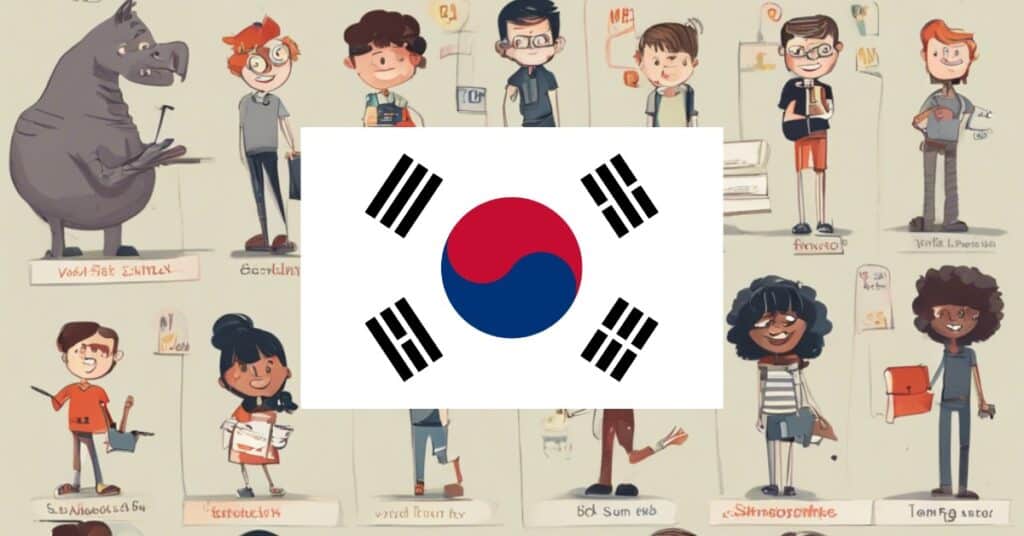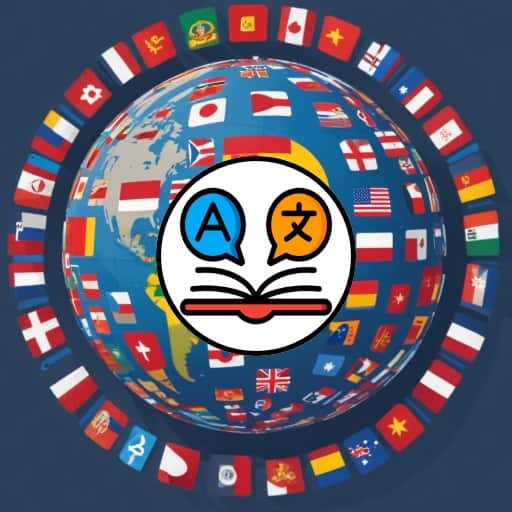Learning common adjectives in Korean vocabulary is essential for anyone wanting to communicate effectively. Adjectives are words that describe nouns and help to give more details about them. By expanding your knowledge of adjectives, you can better express yourself in conversations and writing. Understanding common adjectives in Korean will also help you to comprehend and create more complex sentences. Whether you are a beginner or have some experience with the language, mastering common adjectives will improve your overall proficiency in Korean. This knowledge will allow you to convey your thoughts and emotions more accurately, leading to better communication with others.
Games
Study Resources
Video Flash Cards
Vocabulary
| English | Korean |
|---|---|
| bad | 나쁜 |
| big | 큰 |
| different | 다른 |
| early | 일찍 |
| few | 조금 |
| first | 첫 |
| good | 좋은 |
| great | 훌륭한 |
| high | 높은 |
| important | 중요한 |
| large | 큰 |
| last | 마지막 |
| little | 작은 |
| long | 긴 |
| new | 새로운 |
| next | 다음 |
| old | 오래된 |
| other | 다른 |
| same | 같은 |
| small | 작은 |
| young | 젊은 |
Quick Facts
- Common adjectives in Korean come before the noun they describe.
- There are two types of common adjectives in Korean: descriptive and relational.
- Descriptive adjectives describe the qualities or characteristics of a noun.
- Relational adjectives indicate a relationship or state of being.
- Common adjectives in Korean can be conjugated to show tense, politeness, and other grammatical features.









